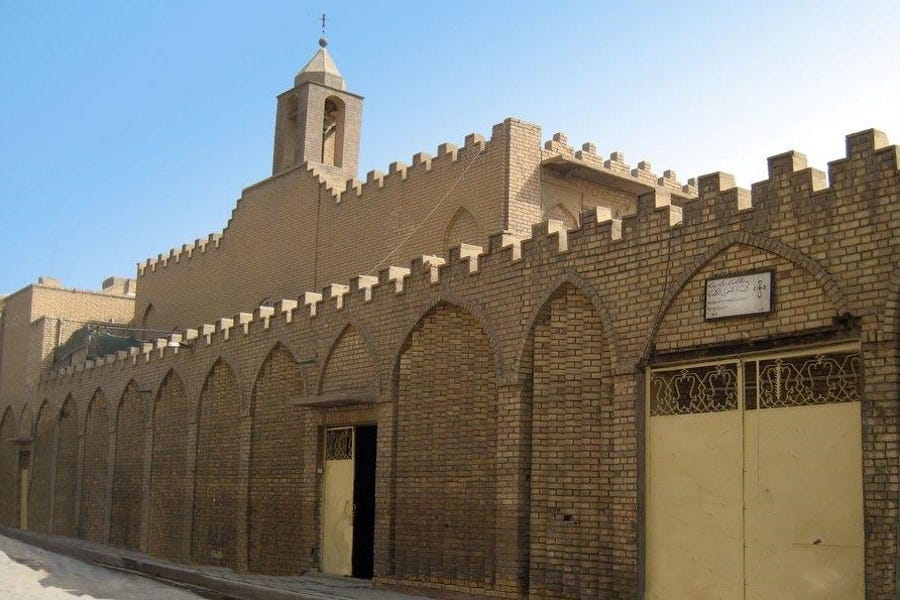The Chaldean Patriarchate distanced itself this week from an Iraqi Christian council, over its alleged ties to a politician at odds with the head of the Chaldean Catholic Church.

In a Dec. 16 statement in Arabic, the Cha…
The Chaldean Patriarchate distanced itself this week from an Iraqi Christian council, over its alleged ties to a politician at odds with the head of the Chaldean Catholic Church.

In a Dec. 16 statement in Arabic, the Cha…